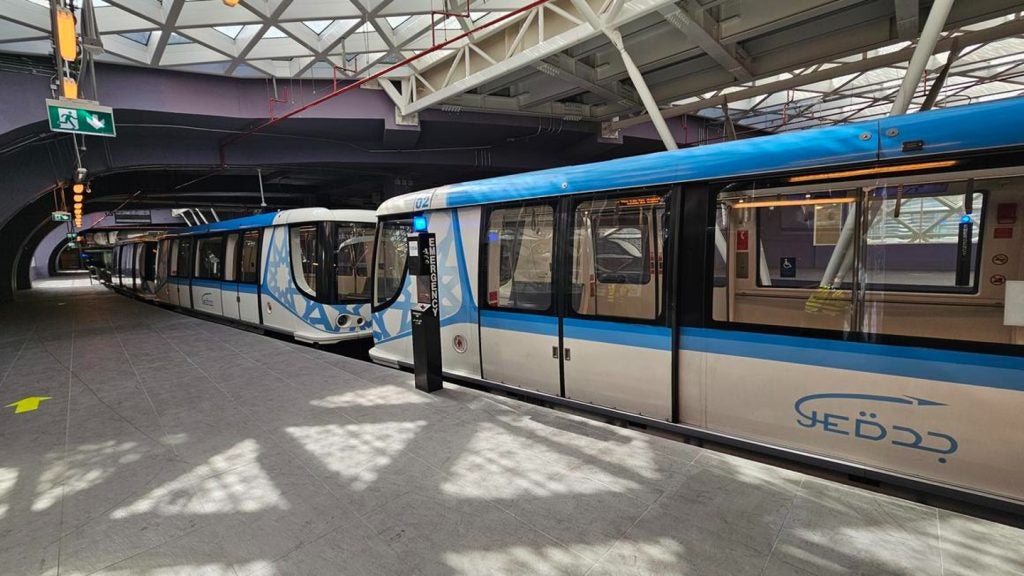The Indian government should adopt a risk-based outcome-focused approach to aviation security to ensure its airports can manage double-digit passenger traffic growth, according to a report by global airlines association IATA.
IATA said that India’s air travel will triple by 2037 and there is an urgent need to improve airport processes amid a huge shortage of airport infrastructure.
Due to a two-fold surge in air traffic during the last five years, capacity at the airports in Delhi, Mumbai and Bengaluru are completely saturated.
At the same time, the runways at most big airports in India would not be able to manage increased movements of aircraft, the report said.
The report, titled ‘Aviation Facilitation and Security Priorities for Enhancing the Passenger Journey at Airports in India’, recommends several measures, which include allowing mobile boarding passes, automating border control process, and adoption of self-drop technology for check-in bags.
IATA said that the government should discontinue stamping procedures at touch points and allow mobile boarding pass (MBP) and adopt off-airport self-tagging options, including printed bag tag (HPBT) and electronic bag tag (EBT), to improve passenger processes.
How well do you really know your competitors?
Access the most comprehensive Company Profiles on the market, powered by GlobalData. Save hours of research. Gain competitive edge.

Thank you!
Your download email will arrive shortly
Not ready to buy yet? Download a free sample
We are confident about the unique quality of our Company Profiles. However, we want you to make the most beneficial decision for your business, so we offer a free sample that you can download by submitting the below form
By GlobalDataThe adoption of an automated border control (ABC) process is necessary to augment airport capacity, the report said.
Furthermore, the IATA said that the government should follow international standards for advance passenger information (API) and passenger name record (PNR) to protect passenger data and avoid any possibility of errors during the conversion process.
IATA noted that the Bureau of Civil Aviation Security, the Bureau of Immigration and the Central Board of Indirect Taxes and Customs will adopt global best practices to help airports manage the foreseeable growth and meet travellers’ expectations.
IATA represents 290 airlines across the globe, which account for 82% of the total global air traffic.




